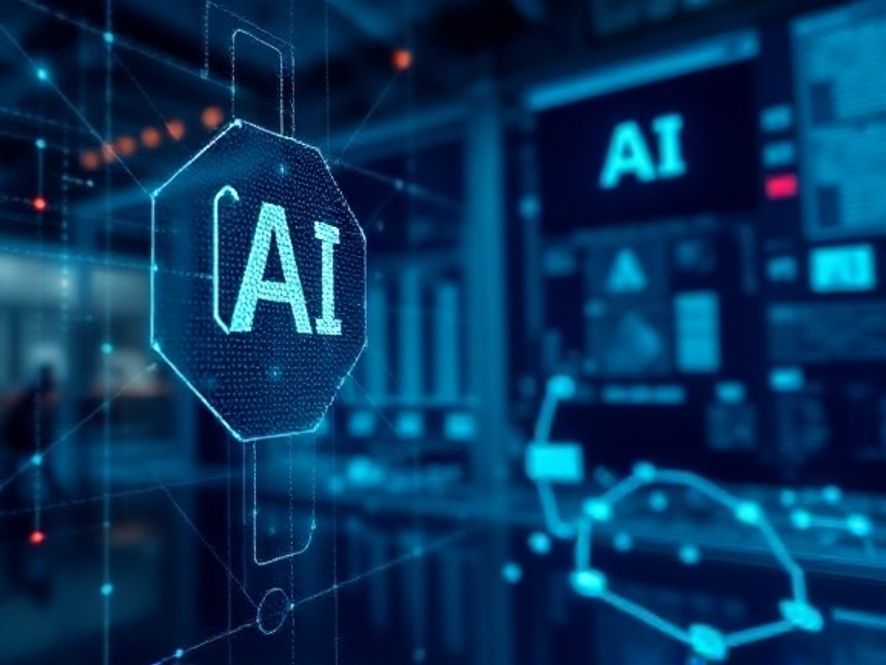Understanding AI Services
AI Services refer to a wide range of technology solutions and applications that leverage artificial intelligence (AI) to automate tasks, improve decision-making, and enhance user experiences. These services can be utilized across various industries, facilitating everything from customer support to data analysis. In this article, we will delve into the definition, importance, and practical applications of AI Services, making it accessible for students, professionals, and beginners.
Importance of AI Services in Today’s Digital Landscape
The significance of AI Services in our modern world cannot be overstated. As businesses and individuals increasingly rely on technology to streamline operations and enhance productivity, AI Services provide the tools necessary to achieve these goals efficiently. From automating mundane tasks to providing insights through data analytics, AI Services are transforming the way we interact with technology.
For example, companies are using AI-powered chatbots to handle customer inquiries, significantly reducing response times and improving customer satisfaction. This shift towards automation not only saves time but also allows human workers to focus on more complex and creative tasks.
Key Components of AI Services
AI Services encompass several crucial components that work together to deliver powerful solutions. Here are some of the key elements:
- Machine Learning: This subset of AI allows systems to learn from data and improve their performance over time without being explicitly programmed.
- Natural Language Processing (NLP): NLP enables machines to understand and respond to human language, making it essential for applications like chatbots and virtual assistants.
- Computer Vision: This technology allows machines to interpret and understand visual information, which is critical in areas like facial recognition and image analysis.
- Robotic Process Automation (RPA): RPA automates repetitive tasks by mimicking human actions, enhancing efficiency and accuracy.
Real-World Applications of AI Services
AI Services are applied in various sectors, providing innovative solutions that enhance efficiency and effectiveness. Here are some notable examples:
1. Healthcare
AI Services are revolutionizing the healthcare industry by improving patient care and operational efficiency. For instance, AI algorithms analyze medical data to assist doctors in diagnosing diseases more accurately. Additionally, AI-powered chatbots provide patients with instant medical advice, significantly reducing the burden on healthcare professionals.
2. Finance
In finance, AI Services are used for fraud detection, risk assessment, and customer service. Machine learning algorithms analyze transactional data to identify unusual patterns, helping institutions prevent fraud. Furthermore, AI chatbots provide personalized financial advice, enhancing customer engagement.
3. Retail
Retailers leverage AI Services to personalize the shopping experience. For example, recommendation systems analyze customer behavior to suggest products tailored to individual preferences, ultimately increasing sales and customer satisfaction.
4. Marketing
AI Services help marketers create targeted campaigns by analyzing consumer data and predicting behavior. By understanding customer preferences and trends, businesses can optimize their marketing strategies, leading to higher conversion rates.
How to Utilize AI Services in Your Daily Life
Implementing AI Services in your daily routine can enhance productivity and simplify tasks. Here are practical ways to make the most of these technologies:
- Use Virtual Assistants: Leverage AI-powered virtual assistants like Siri or Google Assistant to manage your schedule, set reminders, and answer questions.
- Explore AI Tools for Productivity: Tools like Grammarly use AI to improve your writing by suggesting grammar corrections and style enhancements.
- Engage with Chatbots: Utilize chatbots on websites for quick answers to queries, saving time on customer service interactions.
- Leverage Personal Finance Apps: Many finance apps use AI to analyze your spending habits, helping you budget more effectively.
Related Concepts in AI Services
Understanding AI Services also involves exploring related concepts that enhance the overall comprehension of this field. Some significant related terms include:
- Deep Learning: A subset of machine learning that uses neural networks to analyze data.
- Data Science: The field that combines statistical analysis and machine learning to extract insights from data.
- Cloud Computing: The delivery of computing services over the internet, often utilized in conjunction with AI Services for scalability.
- Big Data: The vast volume of structured and unstructured data that AI Services analyze to derive meaningful insights.
Conclusion: The Future of AI Services
AI Services are poised to play an increasingly vital role in our lives, offering innovative solutions to complex problems across various industries. As technology continues to evolve, the potential applications of AI Services will expand, providing new opportunities for businesses and individuals alike. Embracing these technologies can enhance efficiency, improve decision-making, and create more personalized experiences.
As you reflect on the insights shared in this article, consider how you can apply AI Services in your daily life or professional environment. The future is bright for those willing to adapt and leverage the power of artificial intelligence.









